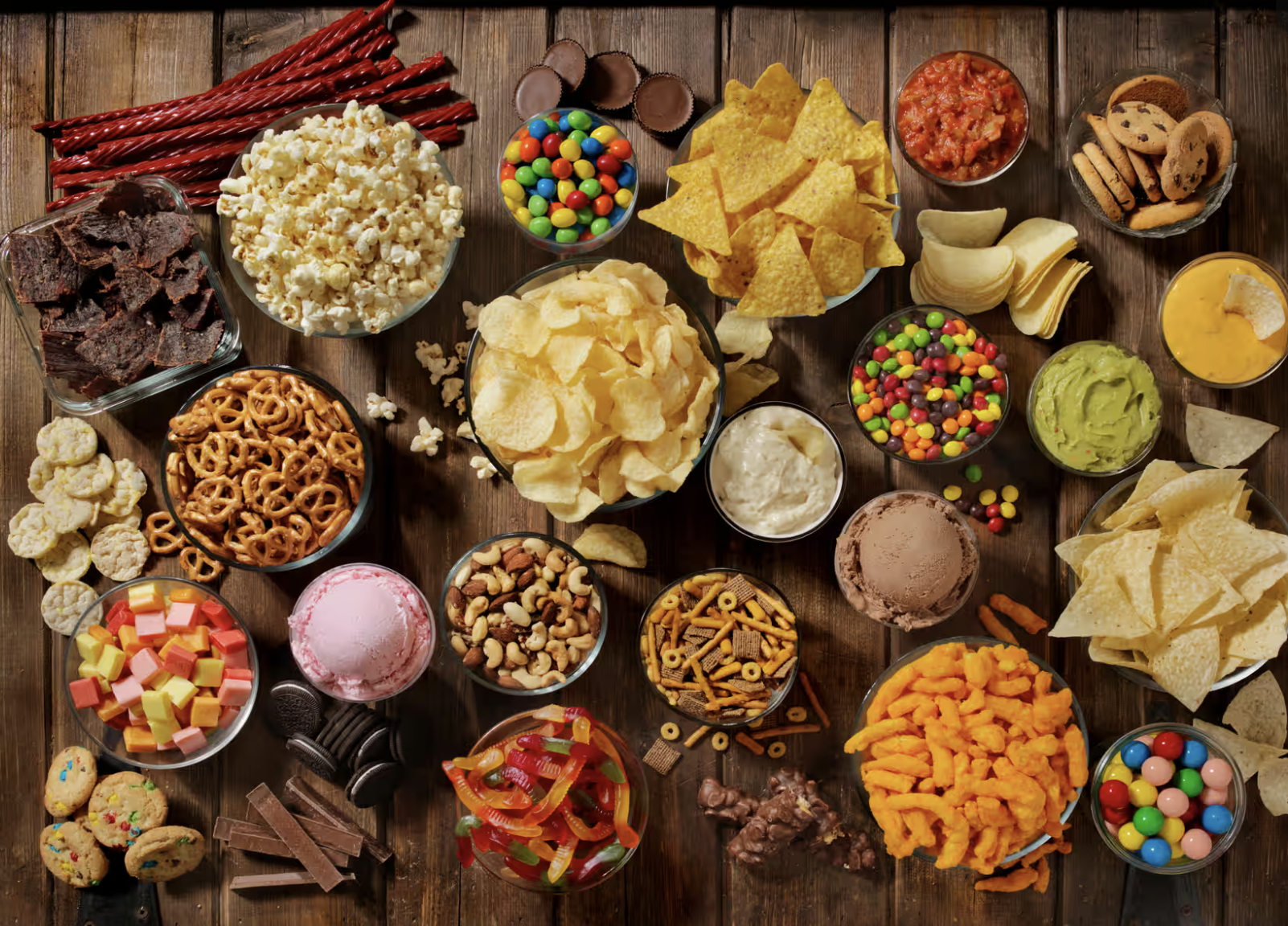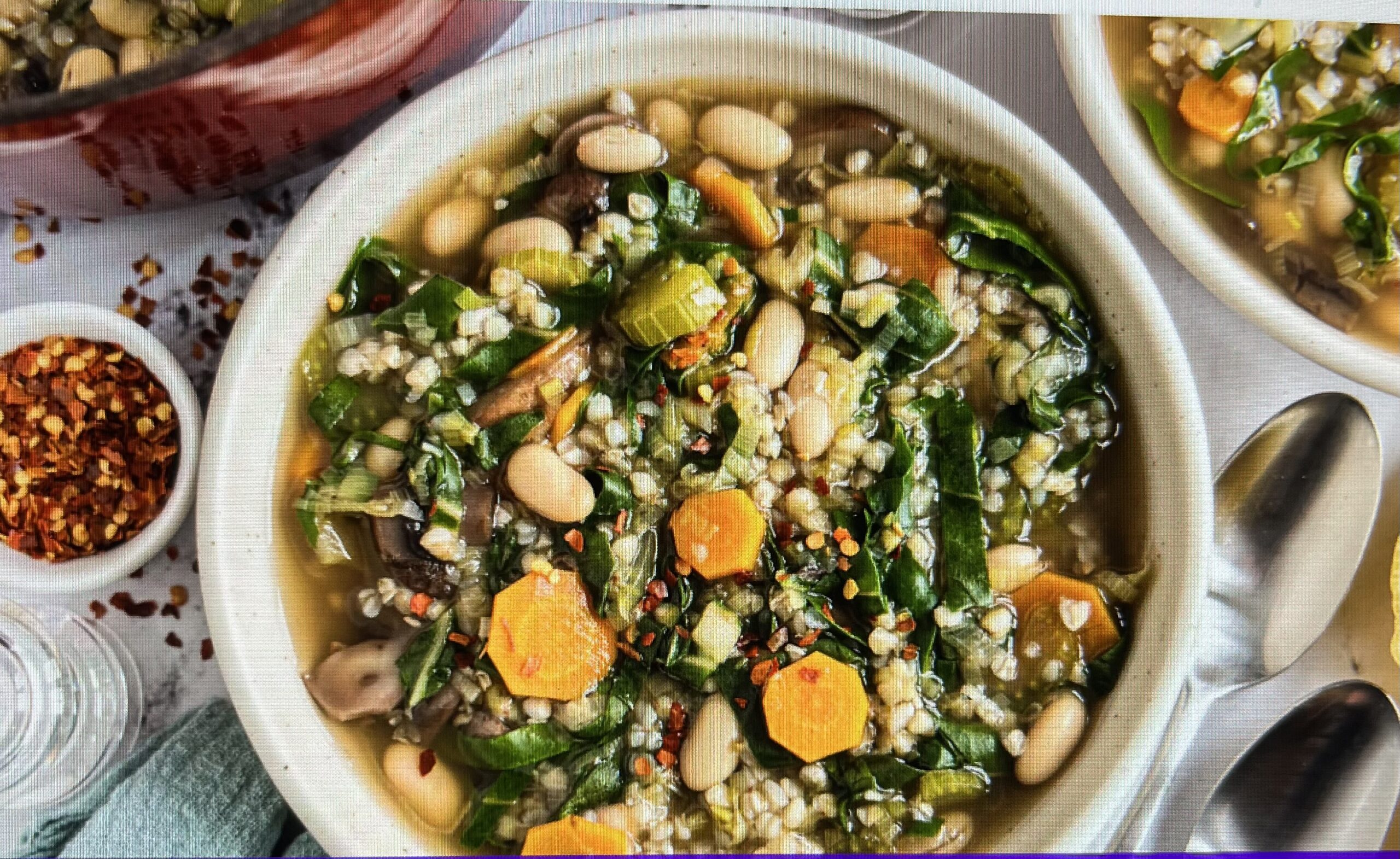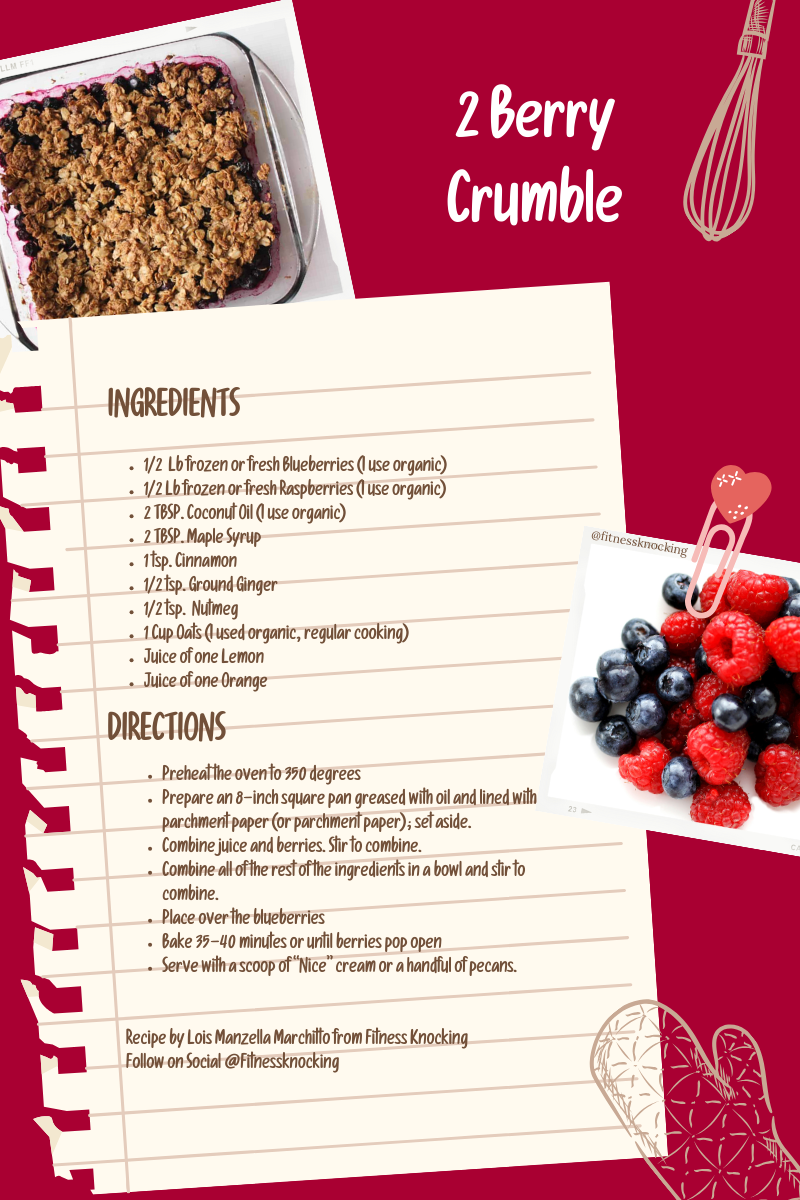
By MaryEllen Zung for the North Jersey Health Collaborative
A healthy “diet” or pattern of eating is not just for weight loss or to look good, but it is essential to the health of our entire body, including our vital organs, (liver, lungs, brain, bladder, kidney, heart, stomach, intestines) colon, blood, bones, and skin. When we have a healthy, fully functioning body, we’re in a better place to avoid disease, chronic health conditions, and even cancer.
There are many things we can do to keep our bodies strong and healthy, and having good nutrition is one important factor for risk reduction and even prevention of colorectal cancer.
Follow these nutrition guidelines for good colorectal health.
Eat foods with fiber. Fiber feeds all of the good bacteria in our colon to help prevent cancer. In your colon, these bacteria love soluble fiber. This type of fiber is found in foods like peas, carrots, oatmeal, blueberries, beans and nuts. When this type of fiber is digested by our body, it forms a gel-like substance that coats our intestinal lining. It is also designed to lubricate stool to make it easier to pass through the colon. The good bacteria in our colon use this type of fiber as a miracle-grow where it helps them to multiply and flourish. As the good bacteria ferment this type of fiber in the colon, they produce short-chain fatty acids that literally stop cancer cells from growing. We need insoluble fiber too. Its role in our bodies is to scrub the intestinal lining as it passes through to keep everything clean and in good working order. Think of soluble fiber as flushing out our system and insoluble fiber as a scrubber. Corn, whole grain bread, brown rice and the skins of fruit such as apples and tomatoes are examples of foods containing soluble fiber. Fiber will also bind to sugar and carry some of it out of our system to help lower our blood sugar or glucose. It does the same with cholesterol. Fiber is also designed to bind and transport toxins from the food that we eat out of our system so that they are not absorbed into our body.
Eat fruits and vegetables. Fruits and vegetables not only contain fiber which can protect us against cancer, but they also contain phytochemicals. The term phytochemical is just as fancy name for “plant chemical.” You’ll also hear the term phytonutrients and there are over 100 of them. Each type of different fruit and vegetable gives us a different combination of plant chemicals that can ensure our bodies operate the way they were designed to function. Carotenoids are a special type of plant chemical that gives carrots their brilliant orange hue. They also provide us with carotenoids that act as antioxidants to protect our cells from damage. Flavonoids are another type of plant chemical that are found in a variety of foods such as celery, onions, parsley, oregano, chocolate, black and green tea as well as red and purple fruits and vegetables. Flavonoids are plant chemicals that regulate gene expression and how the cells in our body communicate with one another. If this communication goes awry, it can initiate the process of cancer development. When we eat foods with flavonoids, these plant chemicals pass through the walls of the colon to protect the tissue and cells against cancer. Allicin is another plant chemical that is good for our health. Allicin, flavonoids and different plant chemicals are found in garlic. This can help our cells to self-repair, slow down the growth of cancer cells and decrease inflammation. When you chop or crush garlic, the sulfur smell is due to the plant chemical allicin.
Eat whole grains. Make at least half of your grains whole. Whole grains are not processed and refined and they contain different cancer-fighting vitamins and minerals such as selenium, vitamin E, copper, zinc, B-vitamins and more. Selenium can help to cancer-proof our bodies while vitamin E acts as an antioxidant to protect our cells against DNA damage. This DNA damage can initiate the start of the cancer process within our bodies. Cooper and zinc also work together synergistically in a happy marriage to ward off cancer. B-vitamins provide us with energy but also ensure proper tissue and cell growth in our bodies and helps convert our food into energy. Examples of whole-grain foods include whole grain bread, whole grain pasta, oatmeal as well as ancient grains such as quinoa, millet and amaranth.
Eat nuts, but manage your portion size. Recent research has shown that eating tree nuts in the context of a healthy lifestyle can go a long way in reducing cancer risk. Studies have demonstrated that eating a serving of tree nuts can reduce the reoccurrence of colorectal cancer among stage 3 survivors by 42%. In this study, it also decreased overall mortality by 57%.
Walnuts are packed with omega-3 fatty acids, which are important in maintaining our overall health. Almonds, hazelnuts and pine nuts are also a great source of Vitamin E which is an antioxidant. Vitamin E works to protect your cells against DNA damage which can initiate the process of cancer promotion within the body.
Drink enough water – On a typical day, our colon absorbs 1 to 1.5 quarts of water. However, in times where you are dehydrated, your colon works hard to maintain balance or homeostasis in your body. Your body is always working around the clock to maintain a perfect balance where it can perform at its best. When you are dehydrated, the colon has to work extra hard to absorb more water than it usually does. It absorbs extra water from the stool which can cause constipation and sometimes, very severe cases of constipation when water intake is low over an extended period of time. Additionally, stool is designed to capture and transport toxins from our environment and the foods that we eat for removal out of our body. When you are dehydrated, the colon not only reabsorbs water from the formed stool, but it will also reabsorb toxins that get recirculated back into the body. If you notice that you struggle with constipation on a regular basis, one of the reasons may be a case of chronic dehydration where your body is not getting enough water. Be sure that you are drinking enough water on a regular basis to protect the health of your colon.
Avoid processed meats – When it comes to colorectal cancer, there are definitely foods that you should avoid. In 2010, the World Health Organization classified processed meats as a known human carcinogen. A carcinogen is a substance that is known to cause cancer in humans. Processed meats such as sausage, hot dogs and kielbasa as well as deli meats like ham, turkey, salami, bologna and pepperoni contain a high amount of salt along with preservatives such as nitrates. These preservatives can be harmful to our health as they can harm the good bacteria living in our guts. Ideally, it is recommended that all processed forms of meat be eliminated from the diet. If you can reduce your intake of processed meat a couple of times a week, this will go a long way to helping you maintain your health. If you were to eat 50 grams of some type of processed meat product every day, this can increase your risk of colorectal cancer by 18%. 50 grams would be equal to one hot dog or two slices of deli meat.
Limit alcohol consumption – Alcohol is also associated with colorectal cancer. The more alcohol that an individual consumes, the greater the risk becomes for colorectal cancer. Limit alcohol consumption to no more than one alcoholic drink per day for women, and no more than two for men.
For information on free and low-cost colorectal cancer screenings, and cancer screening resources in New Jersey, visit ScreenNJ.org, and visit njhealthmatters.org to access educational workshops on cancer basics, nutrition for cancer risk reduction, resources for smoking cessation, and the importance of lung and colorectal cancer screening.
Mary Ellen Zung, BA is a Certified Holistic Health Coach and Health Educator with the North Jersey Health Collaborative. She can be reached at maryellen@njhealthmatters.org.





